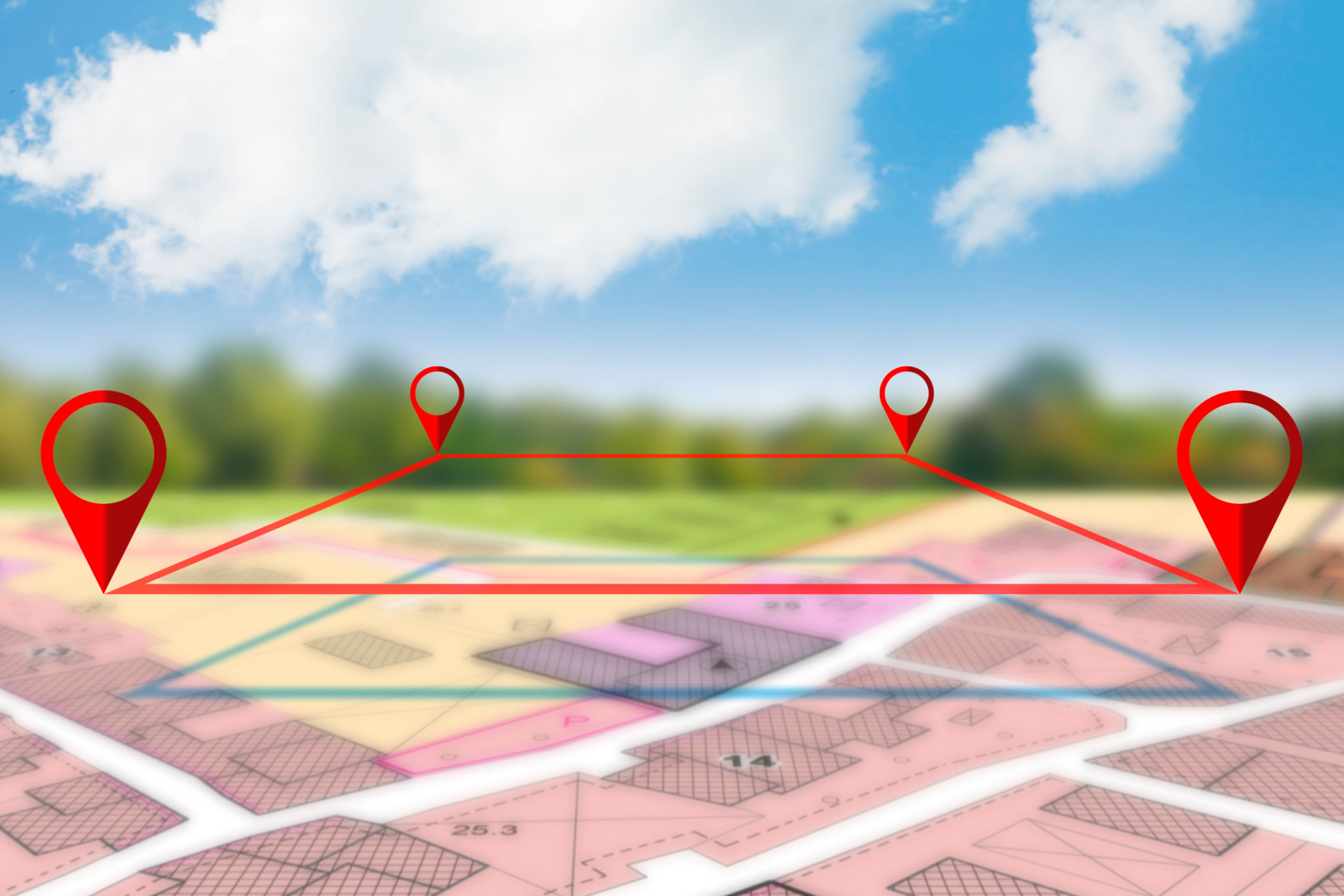Understanding Georgia's Real Estate Development Regulations
Introduction to Georgia's Real Estate Development Regulations
Georgia's real estate market is thriving, attracting investors and developers from across the globe. However, navigating the state's complex development regulations can be daunting. Understanding these regulations is essential for anyone looking to succeed in Georgia's real estate sector. This guide will help you grasp the key aspects of Georgia's real estate development regulations.

Zoning Laws and Their Impact
Zoning laws are a critical component of Georgia's real estate development regulations. These laws dictate how land can be used in different areas, such as residential, commercial, or industrial purposes. Developers must adhere to zoning laws to ensure their projects align with the designated land use.
Zoning regulations can vary significantly between different jurisdictions within Georgia. It's crucial to consult local zoning ordinances and work closely with local planning departments to ensure compliance. Failure to adhere to zoning laws can result in costly delays and legal challenges.
Understanding Zoning Variances
Sometimes, developers may seek a zoning variance to deviate from current zoning requirements. Obtaining a variance typically involves demonstrating that the proposed development will not negatively impact the surrounding area. Engaging with local stakeholders and presenting a strong case is vital for securing a favorable decision.

Environmental Regulations
Environmental regulations are another important consideration in Georgia's real estate development process. Developers must assess the environmental impact of their projects and comply with state and federal environmental protection laws. These regulations aim to preserve natural resources and protect ecosystems.
An Environmental Impact Assessment (EIA) is often required for large-scale developments. This assessment evaluates potential environmental effects and proposes measures to mitigate negative impacts. Failing to conduct a thorough EIA can lead to legal penalties and project delays.
Building Codes and Permits
Building codes in Georgia ensure that structures are safe, sustainable, and accessible. Developers must comply with these codes during the construction process. Building permits are required before commencing any construction work, and obtaining them involves submitting detailed plans and undergoing inspections.
It's important to work with experienced architects and contractors who are familiar with Georgia’s building codes. This collaboration can help streamline the permitting process and ensure that construction meets all regulatory standards.

Inspection and Compliance
Once construction is underway, regular inspections are conducted by local authorities to ensure compliance with building codes. These inspections cover various aspects, including structural integrity, electrical systems, and fire safety measures. Addressing any compliance issues promptly is essential to avoid project delays.
Planning for Future Developments
Understanding Georgia's real estate development regulations is not only about compliance; it's also about strategic planning for future developments. Staying informed about regulatory changes and emerging trends can provide a competitive edge in the real estate market.
Developers should consider engaging with professional consultants who specialize in real estate law and regulatory compliance. These experts can provide valuable insights and guidance throughout the development process, minimizing risks and maximizing opportunities.

